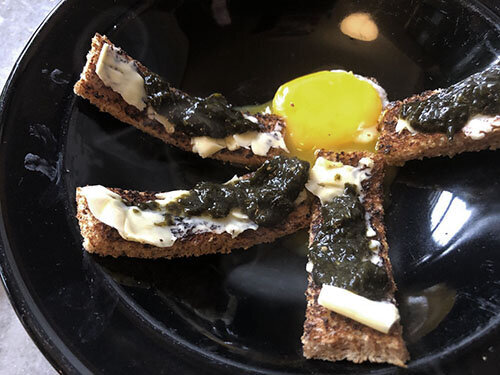More speeches. Then came the lethal bit…
‘Quànjiǔ,‘ proclaimed the host, which translates as ‘Can I tempt you?’
This is a signal for copious amounts of the local firewater to be doled out. Baijiu is the go-to alcohol in China. It’s actually quite drinkable in moderation. It’s made from fermented sorghum and can get up to 120% proof.
At this point, my minder whispered very gently into my ear, ‘You really don’t need to drink this. It is very strong.’
To which I replied, ‘When in Rome.’
‘This is Yan’an,’ she whispered again.
So all is well, until you catch the eye of the host, who strides over to you and issues the challenge ‘Ganbei.’ All heads turn in your direction like sunflowers following the solar path through the sky.
More whispering over my shoulder, ‘I can tell him you do not drink.’ I point to the speedily emptied first glass of Baijiu. That excuse isn’t going to work. Anyway, by this time he was already refilling my glass.
‘Or that you are ill?’ I stare at her with rosy cheeks.
The drinking becomes a scene from the gunfight at the OK Coral. We square up, with shot glasses in hand and knock them back in unison. An appreciative murmur from the rest of the room.
‘Gambei,’ comes the challenge again and another two shots are charged and ready to go. Down in one.
There’s a slight pause. The host is swaying, and weighing things up. ‘Ganbei,’ he shouts again.
Another one, two rounds. Some more frantic whispering in my ear from my minder/translator, who is now probably wondering how to shovel me back into the mini bus at the end of the evening. She is half my size.
Two more rounds. But then I think, to go on would be madness. But how does one get out of this never ending cycle? What’s the etiquette. Slight fears that I might end up in a KTV Bar (Kareoke) or massage parlour.
The rules are:
If you’re guest, your glass will be filled, and refilled. Hold the glass in your right hand, and support with the left if needed.
It’s rude to refuse someone who raises their glass to you. You must drink. It also shows the person proposing a toast is in charge. By accepting the toast you are recognising that fact.
‘No thanks,’ is not an acceptable excuse.
There are however some excuses that are acceptable.
‘My religion says I can’t drink.’
‘If I drink alcohol I will die.’ (No one wants a dead foreigner at a banquet.)
You can nominate someone else to do the drinking for you. (Weird but true.)
Say you are pregnant. (I ruled this out.)
In the end…
I whispered boozily to my minder something along the lines of, I can’t keep on drinking what do I do? She came to the rescue and said something that seemed to make the host very happy indeed. He clasped by shoulder and surveyed the room for another victim. Eyes around the table, darted down to the empty dishes.
‘What did you say?’ I asked my minder.
‘I said that you had been so overawed by the things you had seen today, the glorious achievements of the Peple’s Republic, and had been impressed by the generosity of the host, that you felt it would be impolite to continue.’
‘And he bought that?’
‘No. I think we should leave soon. Pretend to go to the bathroom. I’ll meet you outside in five minutes.’
Why did this come to mind today? I seem to have prematurely given up drinking. I usually do it for Lent, but have started early.
Dry January’s don’t work for me. They’ll always start badly with New Year celebrations. February seems much easier. There’s always pressure to drink - I live next to a cafe after all.
But I can always say I am pregnant. I need to lose weight too.
RJ






















